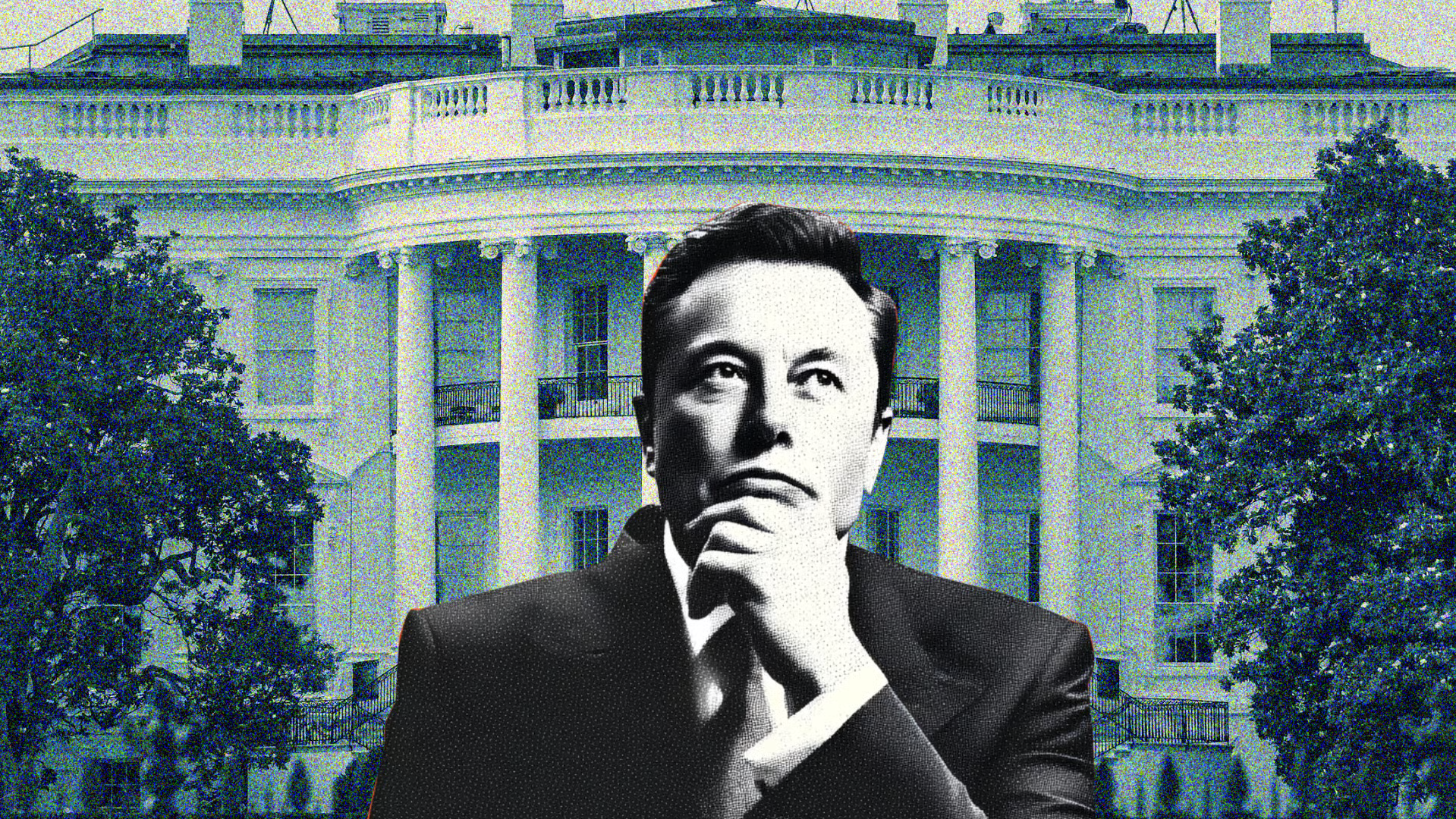Elon Musk may once again be looking to curry the favor of the Trump administration.
On Thursday, Musk’s xAI and the General Services Administration announced a partnership for the company to offer its Grok AI reasoning models and training to federal agencies for 42 cents per organization for 18 months.
The deal could be a sign that Musk and President Donald Trump are warming up to one another again after their relationship frayed earlier this year due to clashes over Trump's “Big, Beautiful Bill,” leading to public spats played out on Truth Social and X.
However, Musk’s xAI is just one in a long line of tech firms looking to get in with federal agencies.
- On Monday, Meta announced a partnership with the federal government to offer its Llama open-source models across agencies.
- Microsoft offered Copilot to some U.S. agencies free of charge and threw in $20 million to support adoption of the tech in early September.
- In early August, OpenAI announced that it would offer federal agencies access to ChatGPT for $1 per year per agency. Later that month, Google launched “Gemini for Government,” offering a suite of AI and cloud services at less than 50 cents per agency through 2026.
- Amazon Web Services and Oracle each offered steep discounts on their cloud services offering, aiming to speed up cloud migration and AI adoption. ServiceNow and Box similarly offered their services for cheap.
Josh Gruenbaum, federal acquisition service commissioner, told Reuters that this deal is “not about currying favor.” Still, these partnerships allow the federal government to create a “level playing field” among any tech firm looking to gain a foothold while AI adoption is still nascent, said Justin Eggstaff, managing partner for the U.S. federal government at Info-Tech Research Group. “They're trying to allow everybody to come in and play.”
But the stakes may be high for these tech firms, Eggstaff said. Whichever company can get in early, find its footing and scale adoption is the one that becomes “the standard,” he said, potentially opening the door for lucrative government work down the line. “Switching costs become so high that it's easier for the federal government to maintain that.”
Legacy providers like Microsoft and AWS have longstanding relationships with government agencies, but that might not be enough to give them an edge. Given the regulatory restrictions on data in government work, the winner will likely be the company that’s flexible enough to adapt to those compliance requirements while giving these agencies room to play. Ease of use and seamless integration into existing operations could also play a role in deciding the frontrunner, hence why several of these GSA deals include training programs and investments to make adoption frictionless.




